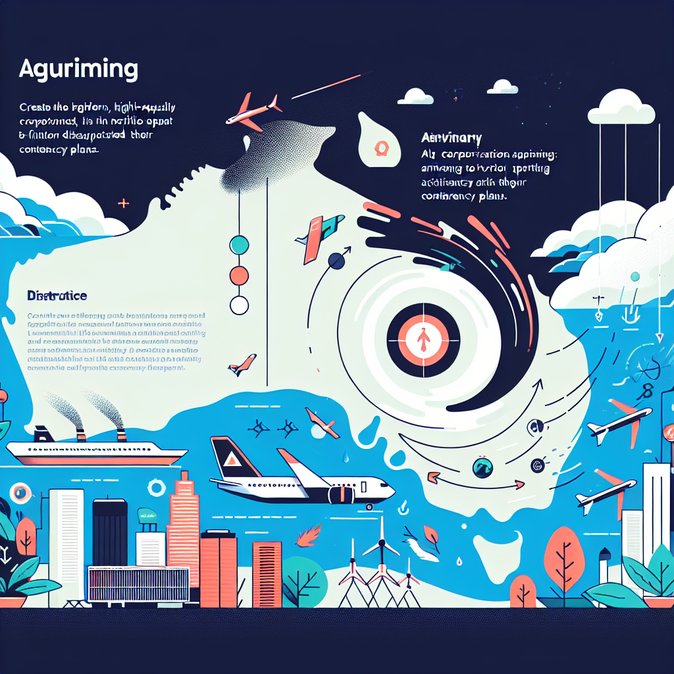
Global Affairs Canada quietly upgraded its risk rating for parts of northern Australia late on 24 November 2025 after Tropical Cyclone Fina made landfall in Western Australia’s remote Kimberley coast. The advisory now urges Canadians to “avoid non-essential travel” to affected areas and reminds travellers that emergency services may be limited.
Cyclone Fina intensified to a Category 4 system before crossing the coast, bringing wind gusts of up to 185 km/h and flooding that forced Darwin Airport to suspend freight operations and some commercial flights. While major population centres have so far escaped the worst, weather officials warn of flash flooding and dangerous surf conditions through 26 November.
![Canada Updates Australia Travel Advisory Amid Cyclone Fina]()
For Canadian corporates with fly-in fly-out (FIFO) personnel in the mining sector, the advisory has immediate operational implications. Travel-risk teams should confirm the whereabouts of employees in Western Australia, review evacuation protocols and adjust itineraries for cargo or project staff scheduled to transit via Darwin. Insurers may also invoke cyclone-related clauses, potentially affecting claim eligibility if travel continues against official advice.
The update is the latest reminder that Canada’s Travel Advice and Advisories portal is a critical real-time resource for duty-of-care compliance. Companies should ensure that HR and security vendors integrate the portal’s RSS feeds into traveller-tracking platforms to trigger automatic alerts. As climate-related disruptions escalate, proactive monitoring can mitigate last-minute rerouting costs and ensure employee safety.
Global Affairs will reassess the advisory as the storm weakens; travellers are advised to register with the “ROCA” (Registration of Canadians Abroad) service and to monitor local media for airport re-opening notices.
Cyclone Fina intensified to a Category 4 system before crossing the coast, bringing wind gusts of up to 185 km/h and flooding that forced Darwin Airport to suspend freight operations and some commercial flights. While major population centres have so far escaped the worst, weather officials warn of flash flooding and dangerous surf conditions through 26 November.

For Canadian corporates with fly-in fly-out (FIFO) personnel in the mining sector, the advisory has immediate operational implications. Travel-risk teams should confirm the whereabouts of employees in Western Australia, review evacuation protocols and adjust itineraries for cargo or project staff scheduled to transit via Darwin. Insurers may also invoke cyclone-related clauses, potentially affecting claim eligibility if travel continues against official advice.
The update is the latest reminder that Canada’s Travel Advice and Advisories portal is a critical real-time resource for duty-of-care compliance. Companies should ensure that HR and security vendors integrate the portal’s RSS feeds into traveller-tracking platforms to trigger automatic alerts. As climate-related disruptions escalate, proactive monitoring can mitigate last-minute rerouting costs and ensure employee safety.
Global Affairs will reassess the advisory as the storm weakens; travellers are advised to register with the “ROCA” (Registration of Canadians Abroad) service and to monitor local media for airport re-opening notices.











